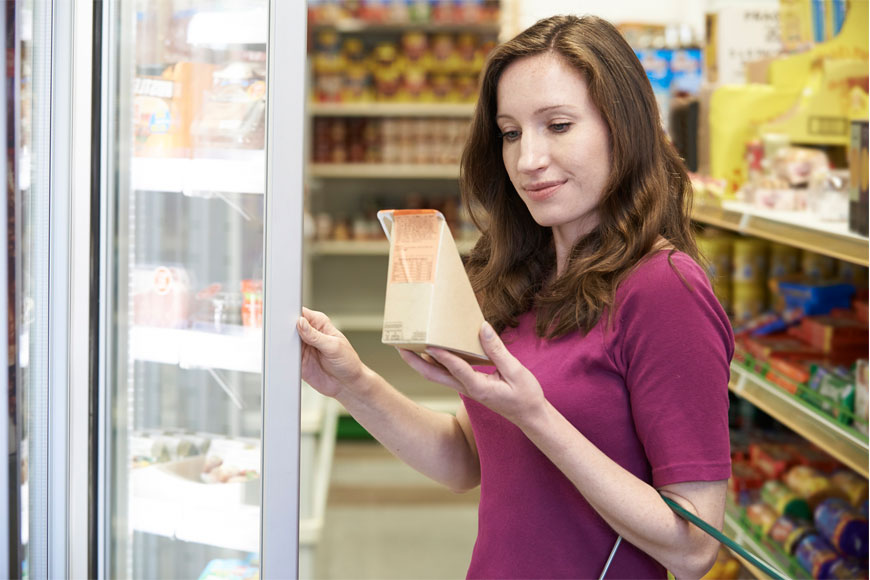This FAQ guide with professional advice from dog trainers at Worldwide K9 Academy is here to help you
4 July 2023
| Last updated on 7 July 2023
It's never too early to start training your puppy!
Are you new to being a pet owner?
Get expert insights on teaching essential dog training commands from Worldwide K9 Academy, including addressing should you punish you dog, and how to foster a strong bond with your furry companion.
Their professional team prioritise using the best dog training methods and promote a safe, healthy, and happy lifestyle for our dogs. Their services also include training and providing professional K9 squads in the Middle East, for police, security, and military work.
Question 1: What age should I start training my puppy?
Ideally, you should begin training as soon as you bring your puppy home. Puppies have a critical period of socialisation and learning between 3 and 14 weeks of age, during which they are highly receptive to new experiences and training.
However, keep in mind that training sessions for very young puppies should be short, frequent, and focused on basic commands like sit, stay, and come. Puppies have shorter attention spans, so it's important to keep training sessions fun, positive, and age-appropriate.
Early training helps establish a strong foundation for your puppy's future behavior and ensures they develop good manners and social skills. It's also an excellent opportunity to bond with your puppy and build trust.
Consider enrolling in a puppy socialisation class or working with a professional dog trainer who uses positive reinforcement methods. They can provide guidance on training techniques and help you tailor the training to your puppy's age and developmental stage.
Remember, consistency, patience, and positive reinforcement are key when training your puppy. Make sure to reinforce good behaviours with rewards and praise to encourage your puppy's learning and motivation.

Question 2: Can a dog be trained to listen to 1 person, or several in the household?
Dogs can be trained to listen to multiple people or specific individuals. The key is to establish consistent training methods and reinforce commands from all individuals involved in the dog's care.
Here are a few considerations:
1. Consistency:
It's important for everyone interacting with the dog to use the same commands and training techniques. This consistency helps the dog understand and respond to commands regardless of who gives them.
2. Training Sessions:
Involve all individuals in the dog's training sessions. This allows the dog to learn that commands apply to different people and not just one person. It's beneficial for everyone to practice training exercises, reward good behaviour, and provide consistent reinforcement.
3. Individual Bonding:
Dogs may naturally form stronger bonds with certain individuals in the household due to factors such as primary care or spending more time together. However, training can help bridge the gap and establish a level of responsiveness to commands from all individuals.
4. Specific Commands:
It can be useful to introduce specific commands that are unique to each individual, such as using their name before a command ("Max, sit"). This helps the dog distinguish between different people's commands while still understanding and responding to them.
Remember, dogs are adaptable and can learn to respond to multiple people if trained consistently and positively.
Patience, reinforcement, and ongoing training efforts from everyone involved will help establish a strong foundation for the dog's obedience and responsiveness to various individuals in their life.
Question 3: Is it OK to punish my dog?
While punishment can be effective in some dog training scenarios, its use should be approached with caution and used sparingly.
The emphasis in modern dog training methods is on positive reinforcement, which focuses on rewarding desired behaviours rather than punishing unwanted behaviors.

Here are some key points to consider:
1. Understanding Behaviour:
Dogs respond better to positive reinforcement, which involves rewarding desired behaviors with treats, praise, or play. This approach encourages dogs to repeat those behaviours in the future. Punishment-based methods can create fear, anxiety, or confusion in dogs, potentially leading to negative side effects.
2. Consistency and Clarity:
Punishment must be administered immediately and be clearly linked to the behaviour you're trying to discourage. Timing is crucial, as dogs may not associate the punishment with their actions if there's a delay. It's important to be consistent, fair, and use punishment sparingly to avoid creating an adversarial relationship with your dog.
3. Alternatives to Punishment:
Instead of punishment, focus on redirecting and reinforcing positive behaviours. For example, if your dog is chewing on furniture, redirect their attention to a chew toy and praise them when they engage with it. This helps to replace unwanted behaviours with appropriate ones.
4. Seek Professional Guidance:
If you're unsure about using punishment or are experiencing challenges in training your dog, consider consulting a professional dog trainer who uses positive reinforcement methods. They can provide guidance and tailored strategies to address specific behaviour issues.
Remember, building a strong bond and trust with your dog through positive reinforcement training methods tends to yield better long-term results.
It promotes a positive learning experience and helps create a happy, well-adjusted, and obedient companion.
Question 4: Should I let my dog sleep on the bed?
Whether or not to let your dog sleep in bed with you is a personal decision that depends on your preferences, lifestyle, and the specific needs of your dog.
Here are a few factors to consider:
1. Comfort and Bonding:
Sleeping in bed with your dog can create a sense of closeness and strengthen the bond between you. Many people find it comforting and enjoy the companionship.

2. Sleep Quality:
Some individuals may find that sharing a bed with a dog affects their sleep quality. Dogs may move around, snore, or take up space, which can disrupt your sleep. If you're a light sleeper or have allergies, it might be better to have your dog sleep in their own bed.
3. Behaviour and Training:
Allowing your dog on the bed can potentially reinforce certain behaviours, such as jumping on furniture, and may make it harder to establish boundaries. It's important to establish consistent rules and ensure your dog understands and follows them.
4. Hygiene and Allergies:
Dogs may bring dirt, fur, or allergens onto your bed, which can be a concern for people with allergies or respiratory conditions. Regular grooming and cleanliness can help mitigate these issues.
If you decide to let your dog sleep in bed with you, consider establishing boundaries such as using a designated spot or using a dog bed on your bed. It's also crucial to prioritize your comfort and sleep quality.
If you prefer your dog to sleep elsewhere, ensure they have a comfortable and cozy bed in your bedroom or nearby to maintain a sense of closeness.
Ultimately, the decision should be based on what works best for you and your dog's overall well-being.
Question 5: What is the best way to bond with my dog?
Building a strong bond with your dog is essential for a healthy and fulfilling relationship.
Here are some effective ways to strengthen your bond:
1. Spend Quality Time Together:
Regularly set aside dedicated time to engage in activities with your dog. This can include walks, playtime, training sessions, or simply relaxing together. The more positive experiences you share, the stronger your bond will become.
2. Positive Reinforcement Training:
Training your dog using positive reinforcement techniques, such as rewards and praise, not only teaches them important skills but also fosters a deeper connection. It promotes trust, communication, and mutual understanding between you and your dog.

3. Physical Affection:
Dogs often enjoy physical contact, such as petting, belly rubs, or gentle massages. Show affection to your dog in ways they appreciate and are comfortable with. However, always be mindful of your dog's body language and individual preferences.
4. Active Play:
Engage in interactive games and play with your dog. Activities like fetch, tug-of-war, or hide-and-seek can be enjoyable for both of you and help strengthen your bond through shared fun and excitement.
5. Exploring New Environments:
Take your dog on walks or outings to new places. Exploring different environments together provides mental stimulation, exposes your dog to new sights and smells, and allows you to experience new things as a team.
6. Trust and Consistency:
Be a reliable and consistent presence in your dog's life. Establish trust by being there for them, meeting their needs, and providing a structured and predictable routine. Consistency in your interactions and expectations helps build a sense of security and understanding.
7. Communication and Understanding:
Learn to read your dog's body language and cues and respond appropriately to their needs. Effective communication goes beyond verbal commands and involves understanding and respecting your dog's signals and emotions.
Remember, building a bond takes time, patience, and consistent effort. Each dog is unique, so it's important to observe and understand your dog's individual personality and preferences.
By investing in your relationship and creating positive experiences together, you'll form a strong and lasting bond with your furry companion.































































.png?itok=o7XUYJI4)


















































































